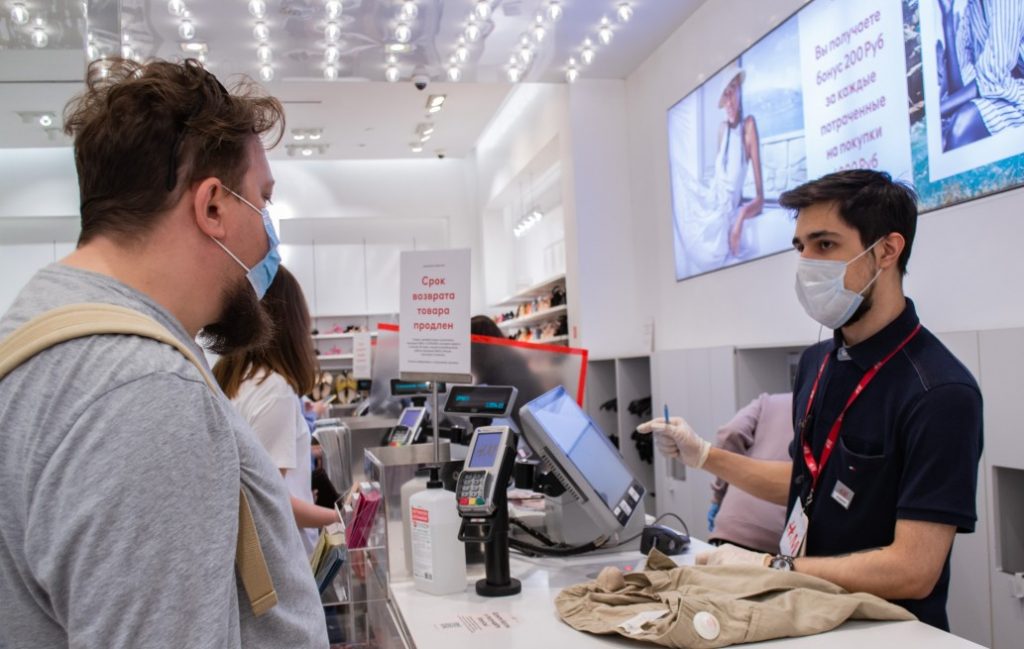Inflation is when prices go up.
‘Inflation’ might not be the sexiest economic term ever, but pretty much everyone can agree that it’s important. Few things have as obvious an impact on our lives as how much we need to pay to get the things we want and need, from housing to food to Beyonce concert tickets. Sudden rises (or falls) in prices can cause economic crises, which is why many countries, including the UK, have set up central banks. One of the primary aims of these institutions is to keep track of inflation and to step in and try to stabilise it if it seems to be changing too rapidly.
When economists, politicians and the media talk about the inflation rate, they’re referring to a figure that is designed to function as a rough average of the change in all prices, for all different types of goods and services. The logic is that it’s broad price changes that really affect people, because individual ones can be sidestepped by substitution. Say one day cereals quadrupled in price. You might just figure you’d have smoothies or bacon butties for breakfast instead. But if there was a sudden 4x price increase for your whole weekly shop and your rent and your bus fare and your hairdresser, well, that would be a much more worrying scenario.
But there is a problem with taking this broad look at inflation: not all items are equally important. That means if some really important goods and services get more expensive while lots of less-important stuff stays at the same price (or becomes cheaper) people could face challenging price changes without this experience being reflected in the interest rate.
This is what seems to be happening during the pandemic. Take America. Its inflation rate is currently 1.7 percent, which economists and central bankers generally regard as stable and therefore not worrying. But there have been substantially bigger increases in the prices of things like petrol, food and cleaning products. This isn’t just concerning because we need food to eat and petrol to get to work. It’s concerning because price rises in essential items like these will disproportionately impact poorer people.
The less well-off you are, the larger a portion of your income you generally spend on essential items. Paying twice as much for your weekly food shop is annoying but doable if it didn’t take up much of your income in the first place. If it did, it could mean you're not able to eat as much food… and possibly not even enough food. Plus, the impact of all this is compounded by the fact that lower income people are also much more likely to have suffered job losses or pay cuts due to the pandemic and its restrictions.
Read our explainer on: inflation

